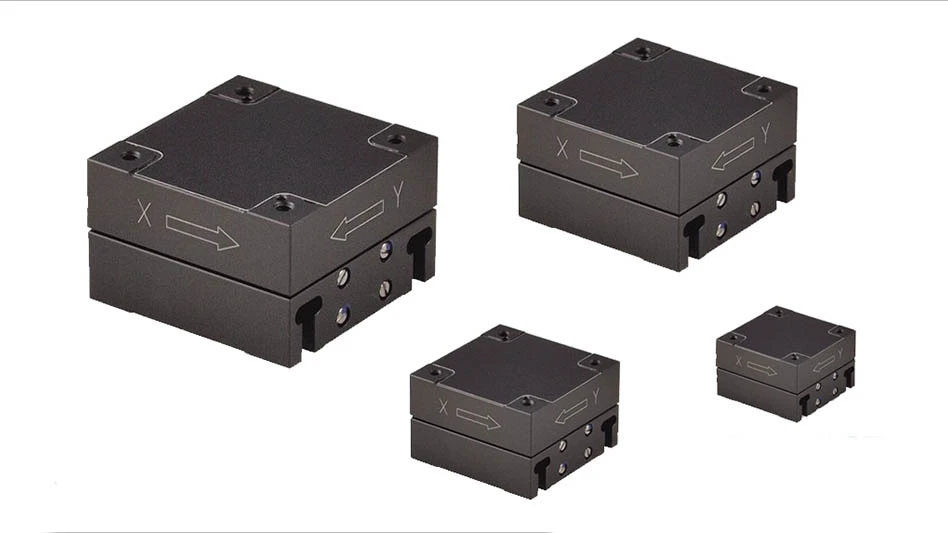
Photo Credit: Collin Clemons
Lockheed Martin Corp., in conjunction with the University of Iowa's Operator Performance Laboratory (OPL), completed an artificial intelligence (AI) demonstration using two piloted L-29 aircraft (acting as surrogates for uncrewed systems) performing jamming support in a simulated air-to-ground mission. The successful execution of the electronic attack task by AI agents shows how autonomous uncrewed aerial systems can operate in coordination with crewed tactical platforms in future combat operations, creating a powerful, unified team to address complex threats.
This project, named Enhanced Collaborative High-Frequency Orientation System (ECHOS), was sponsored by Lockheed Martin's 21st Century Security Demonstrations & Prototypes (D&P) organization. "ECHOS is a terrific example of using artificial intelligence and UAS to further enable the DOD vision of Joint All Domain Operations (JADO), providing new capabilities to identify targets and deliver effects," said Joe Villani, Lockheed Martin D&P vice president.
The L-29s were flown by experienced OPL pilots, following instructions from the AI agents in the form of heading, altitude, and speed cues, demonstrating how AI can provide data for rapid decision making and increased mission effectiveness by reducing pilot workload. The pilots maintained the option to stop following AI cues if at any point they felt unsafe, or the agent tried to go outside acceptable operating conditions.
"This was an awesome experience, and the event went smoothly. It was an exceptional example of industry and academia working together on a cutting-edge project. We're excited to take this to the next level," said Tom "Mach" Schnell, OPL founder and director.
The AI agents were trained using advanced deep multi-agent reinforcement learning techniques, incentivizing emergent collaborative tactics. There is minimal reward shaping on these agents, emphasizing mission completion. Agents were able to learn these tactics with sparse rewards, ensuring the best possible tactics for the mission were executed.
This demonstration focused on sim-to-real transfer to train an AI agent in a simulated environment, fly it on real aircraft, and test the behavior. The tests successfully demonstrated AI agents can be trusted to deliver high performance and reliable behaviors. Throughout day one of testing, the agents aligned between the fighter and target within a very tight tolerance, never allowing the radar to get a track on the fighter. The team successfully completed all test cards ahead of schedule in three days of testing.
By the end of 2023, the Lockheed Martin Skunk Works and OPL team will test AI in an end-to-end Suppression and Destruction of Enemy Air Defenses (SEAD/DEAD) mission. Lessons learned will inform follow-on AI/autonomy development in support of future programs such as the Air Force's Collaborative Combat Aircraft (CCA), as well as ongoing crewed-uncrewed teaming development.
Latest from Aerospace Manufacturing and Design
- Talking machine tools with the professionals who build them
- Tools and strategies for improving your machining processes
- America Makes announces QTIME project call
- Innovation meets precision for 40% faster machining
- Upcoming webinar: Pro tips from a supply chain strategist
- Heart Aerospace relocates to Los Angeles
- Fixtureworks introduces Stablelock Clamps
- Piasecki acquires Kaman's KARGO UAV program






